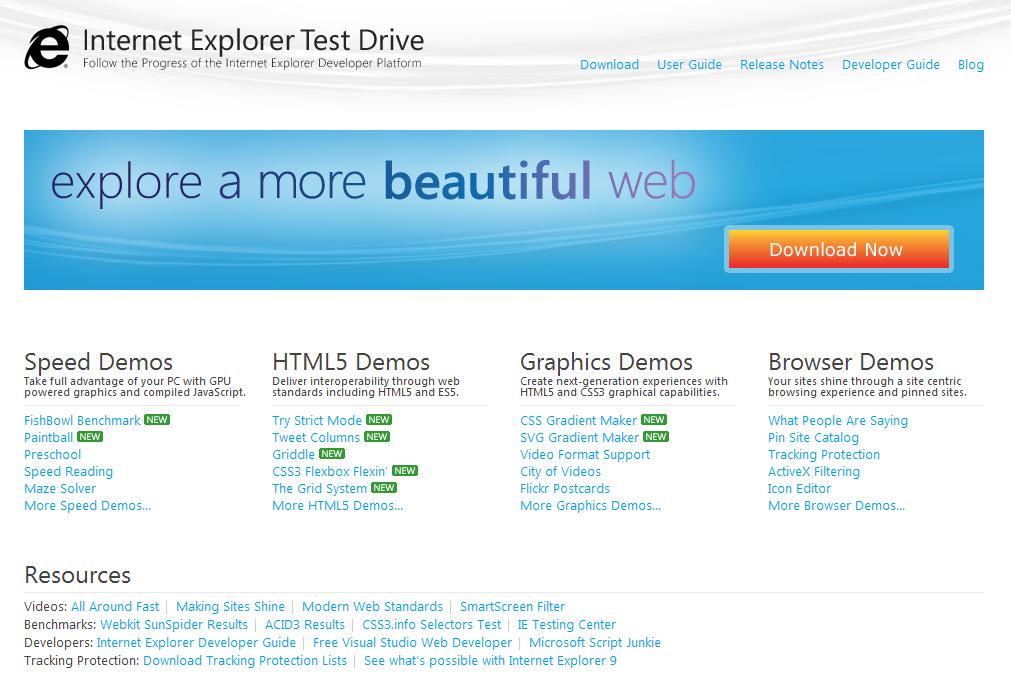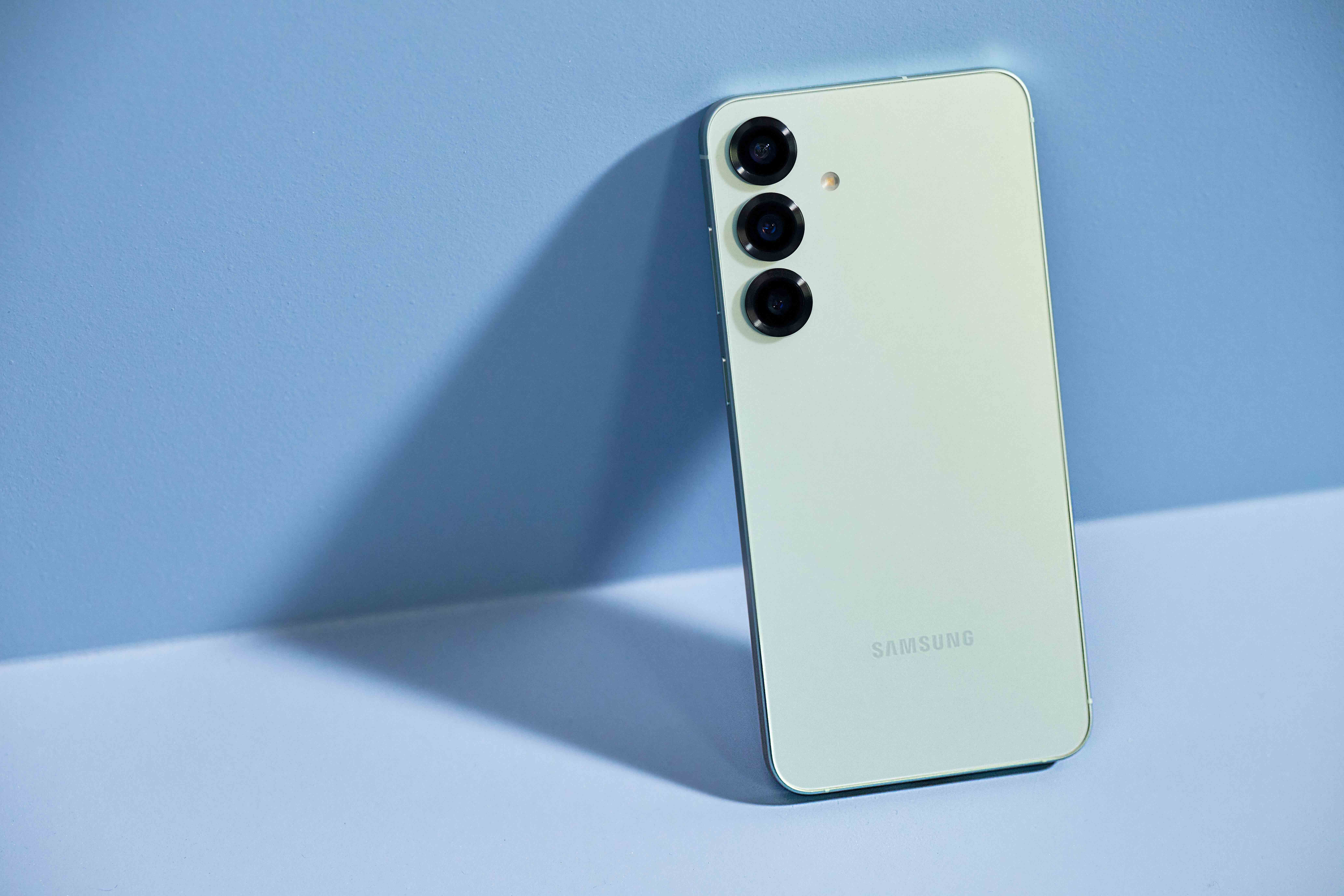Microsoft announces IE10 platform preview
Wins praise for improved standards support, gets a kicking for talking about 'native HTML5'
Sign up to Creative Bloq's daily newsletter, which brings you the latest news and inspiration from the worlds of art, design and technology.
You are now subscribed
Your newsletter sign-up was successful
Want to add more newsletters?

Five times a week
CreativeBloq
Sign up to Creative Bloq's daily newsletter, which brings you the latest news and inspiration from the worlds of art, design and technology.

Once a week
By Design
Sign up to Creative Bloq's daily newsletter, which brings you the latest news and inspiration from the worlds of art, design and technology.

Once a week
State of the Art
Sign up to Creative Bloq's daily newsletter, which brings you the latest news and inspiration from the worlds of art, design and technology.

Seasonal (around events)
Brand Impact Awards
Sign up to Creative Bloq's daily newsletter, which brings you the latest news and inspiration from the worlds of art, design and technology.

Despite Internet Explorer 9 barely being out of the paddock, Microsoft is already placing bets on its successor, the imaginatively titled Internet Explorer 10. The browser was announced at MIX 2011, and a bare-bones platform preview is available for download, providing a sneak peek at the standards support the finished article will enjoy on release. However, it's unclear when that will be, since Dean Hachamovitch (corporate vice president, Internet Explorer), while speaking at MIX, quashed suggestions Microsoft might match the breakneck release cycles of Firefox and Google Chrome.
Hachamovitch elaborates further about the future of Microsoft's browser in a lengthy post on IEBlog. In terms of technologies, there's lots to like, with support for emerging standards such as CSS3 Multi-column Layout, CSS3 Grid Layout and CSS3 Flexible Box Layout, CSS3 Gradients, ES5 Strict Mode, CSS3 Transitions and CSS3 3D Transforms. However, the post's regular reference to the concept of Internet Explorer offering the "most native HTML5 experience" and an emphasis on "taking advantage of what the operating system offers" irked Microsoft's rivals. Hachamovitch argued that IE10 "continues on IE9's path, directly using what Windows provides and avoiding abstractions, layers, and libraries that slow down your site and your experience". In response, Mozilla's Mike Beltzner posted a bug report ('Support Native HTML5') to Bugzilla, while Opera QA guy Haavard Moen debated whether Microsoft was about to take a 'Windows HTML5' approach or was just full of "marketing horse manure". On his blog, he decided on the latter, stating: "[Microsoft has] tried to coin the term 'Native HTML5', which basically contradicts the whole idea of the web as non-native and platform-agnostic. […] HTML5 is not native. It is not supposed to be native. It is silly to even attempt to tie HTML5 to a specific platform."
Still, while such spats get web developers terribly excited, they matter little to end users, although it remains to be seen whether Internet Explorer 10 will capture their imaginations either. If Internet Explorer 9's anything to go by, Microsoft still has a big fight on its hands to stop its browser's decline in marketshare. Although 2.4million copies of Internet Explorer were downloaded within its first 24 hours, it was soundly trumped by Firefox 4, which enjoyed nearly seven million downloads.
Sign up to Creative Bloq's daily newsletter, which brings you the latest news and inspiration from the worlds of art, design and technology.

The Creative Bloq team is made up of a group of art and design enthusiasts, and has changed and evolved since Creative Bloq began back in 2012. The current website team consists of eight full-time members of staff: Editor Georgia Coggan, Deputy Editor Rosie Hilder, Ecommerce Editor Beren Neale, Senior News Editor Daniel Piper, Editor, Digital Art and 3D Ian Dean, Tech Reviews Editor Erlingur Einarsson, Ecommerce Writer Beth Nicholls and Staff Writer Natalie Fear, as well as a roster of freelancers from around the world. The ImagineFX magazine team also pitch in, ensuring that content from leading digital art publication ImagineFX is represented on Creative Bloq.
